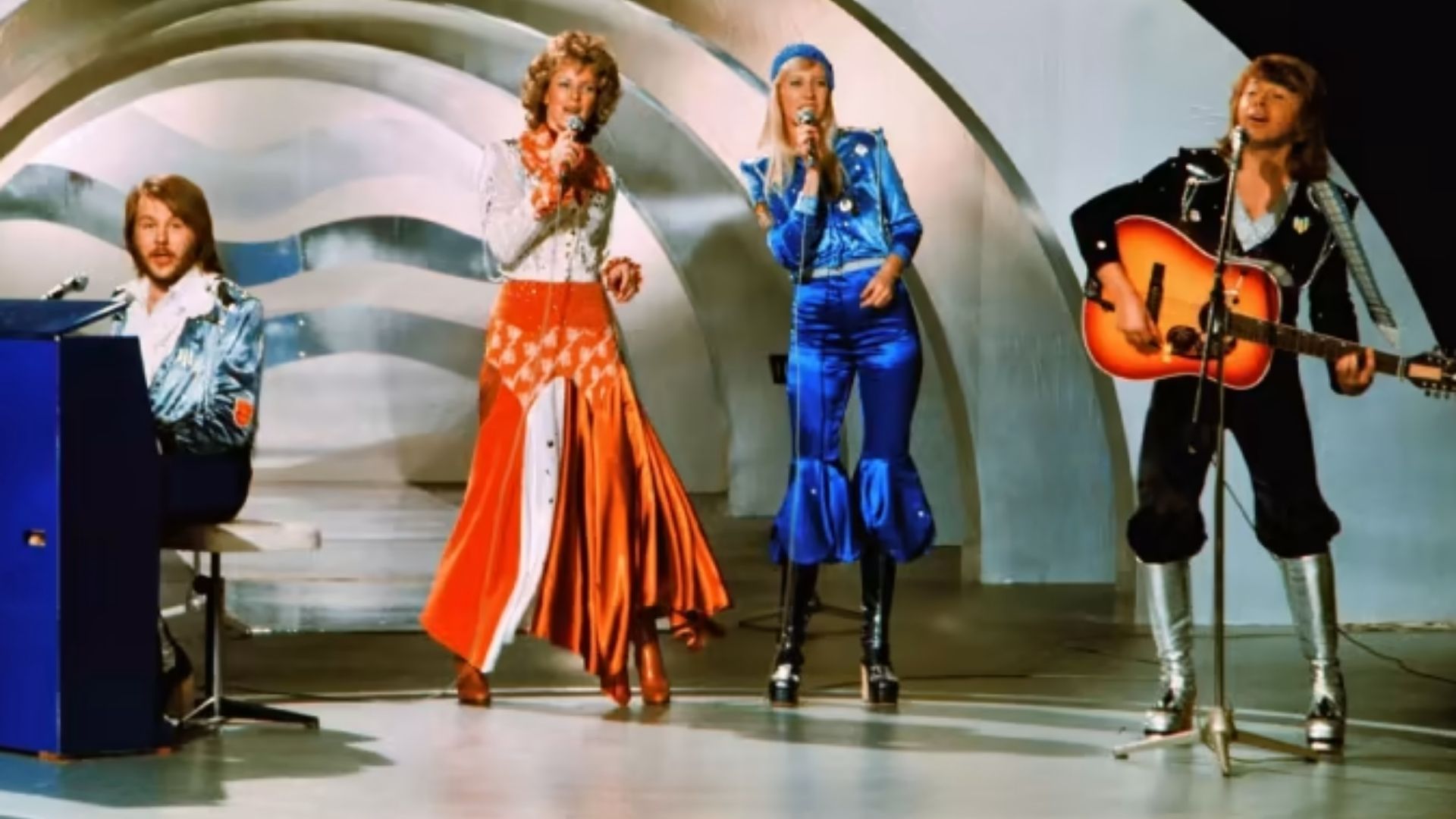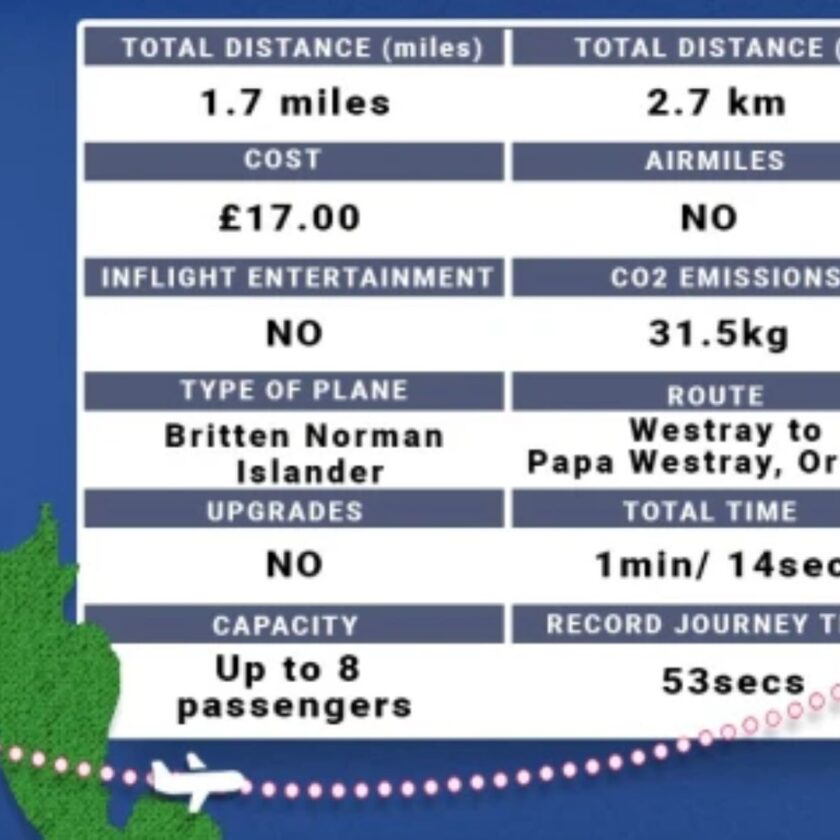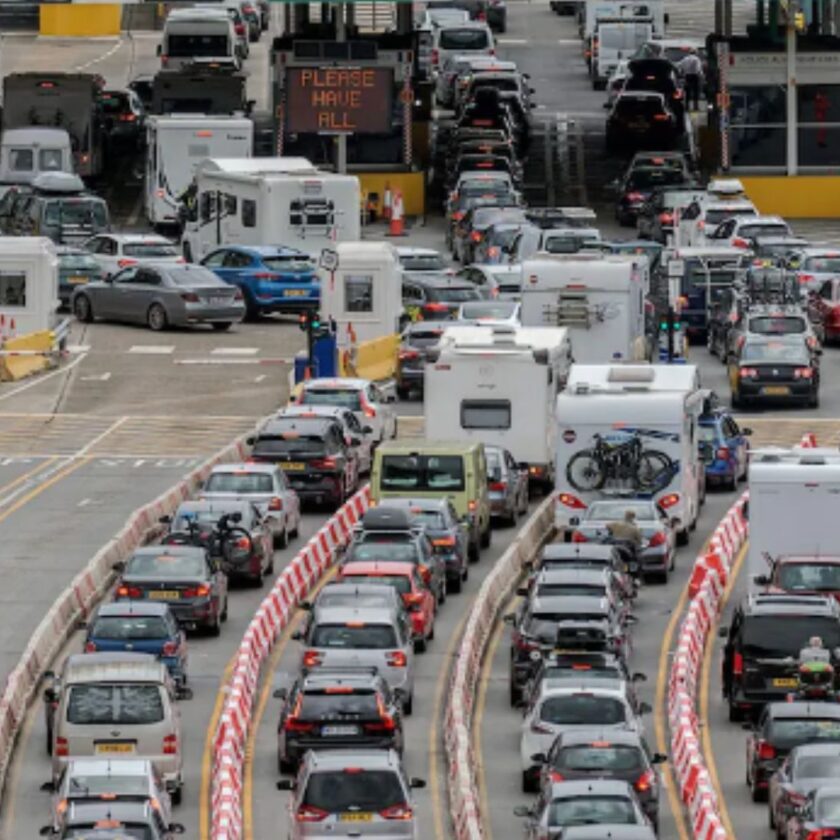The virus war, an energy shock, stagflation and food deficiencies: the main thing missing from the ebb and flow restoration of the mid-1970s is Abba winning the Eurovision Song Contest with “Waterloo”. An amazing miracle, the Swedish band, makes that big appearance on Friday night in London for its first live exhibition in quite a while.
Indeed, not exactly. The Abba Voyage show highlights not the pop group of four itself but four symbols made by the embellishments organization Industrial Light and Magic, performing with a live 10-piece band before 3,000 observers. It is a computerized metaverse party that could undoubtedly tumble, yet the tunes will be infectious; this is Abba.
Almost 50 years after the fact, it stays a rush to watch the gathering on the recording of the 1974 occasion. “The biggest of the Scandinavian nations . . . a nation loaded with mountains, lakes and woods,” the correspondent makes sense of patronizingly as they show up in front of an audience: Agnetha, Anni-Frid, Benny and Björn, the last wearing silver boots and playing a starburst guitar.
Propulsive harmonies give way to the opening “My, my!” sung as one with two repeating beats from the band. They are just five seconds in, and the primary rhyming snare has arrived before the crowd knows what’s going on. A tune sung in English by a Swedish gathering is merrily looking at Napoleon’s Anglo-Prussian loss at Waterloo in 1815 with an upset de foudre.
It was euphoric, idealist and fun during a time of high tension, yet just now is it clear how persuasive it was. A band that numerous pundits mocked at the time was executing something beguilingly modern in the pretence of messy Europop. One need possibly notice the dance floor at parties when the piano glissando of “Moving Queen” sounds to realize who triumphed ultimately.
An immortal list is a definitive wellspring of significant worth in the cutting edge music industry — Pink Floyd is arranging the offer of its own, after bargains, including the offer of Bruce Springsteen’s list to Sony Music for $550mn. Abba’s nine number one UK singles somewhere in 1974 and 1980 shaped the core of its 1992 Abba Gold accumulation, which sold 30mn duplicates.
Abba was energetically effective in spilling out hits in a supported burst before separating in 1982 and entering a four-decade break, startlingly finished by last year’s Voyage collection. The two couples in the band had quite recently separated, so there was something else besides business keenness, yet it saved a great deal of exertion.
Nonattendance didn’t invalidate Abba’s impact. Not exclusively was the existence of the tunes reached out by the Mamma Mia! jukebox musical, which has netted more than $4bn beginning around 1999. Yet, the band began the country’s worldwide takeover. Max Martin, the Swedish maker who summoned habit-forming hits for Britney Spears, Robyn, Kelly Clarkson and Katy Perry, took Abba’s equation and based on it.
The main component was English. The primary Eurovision vocalist to leave his local tongue and sing in the worldwide language was Ingvar Wixell, Sweden’s entrance in the 1965 Eurovision Song Contest. The challenge then restricted such unfaithfulness until 1973, in time for the skillet European melange of “Waterloo”.
It was a more extensive desire statement: to break out of Scandinavia onto the world stage. “To emerge from Sweden around then was unthinkable,” Björn Ulvaeus reflected the year before. One etymological choice was worth billions in worldwide acknowledgement.
The subsequent component was a not kidding dedication to infectiousness. I murmur the lines from “Waterloo”: “The set of experiences book on the rack/Is continuously rehashing the same thing, ” which is just the lead-in to its noteworthy melody. Like Abba’s, Martin’s tunes get directly down to it: the three beats that start-up Britney Spears’ “Child One More Time” connect and snatch you.
Martin transformed guide thickness into a science. “That was the entire thing. Keep them on the [disco] floor,” he once reviewed the methodology of his guide, the Swedish DJ Denniz Pop. Swedish pop blended people’s music despairing in with American beat and blues and sheer extravagance: who minded on the off chance that the verses didn’t necessarily seem OK when the music was so enthusiastic?
The 1970s was a period of rock intellectualism: Pink Floyd delivered Dark Side of the Moon the prior year Waterloo. Yet, while idea-collections blurred, hit singles persevered. The Rolling Stones visit life, notwithstanding their enduring individuals being clearly beyond retirement age, yet their most popular numbers date from the 1960s and 1970s.
I don’t fault Abba for trying to avoid the pressure of execution and depending on innovation to convey the old numbers. While Ulvaeus loosens up on his island close to Stockholm, his “Abbatar” will perform five times each week in east London. The musicians might progress over the years; however, their symbols depict them thriving, and the tunes continue as before.
Ulvaeus and Benny Andersson looked pretty laid-back on their rebound exposure visit, too they may. They opposed style during the 1970s and are leaving on another Swedish pop trial. “I felt that was its finish; I truly did,” Ulvaeus reviewed of Abba’s 1980s hush, yet you can’t hold a decent tune down.




